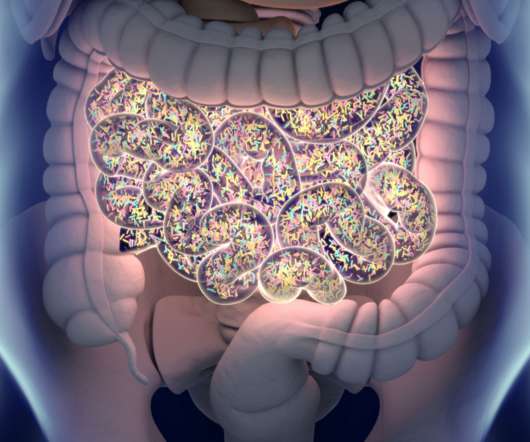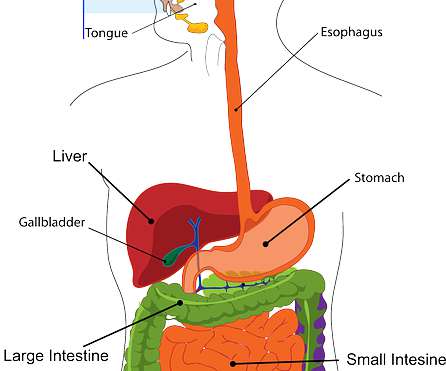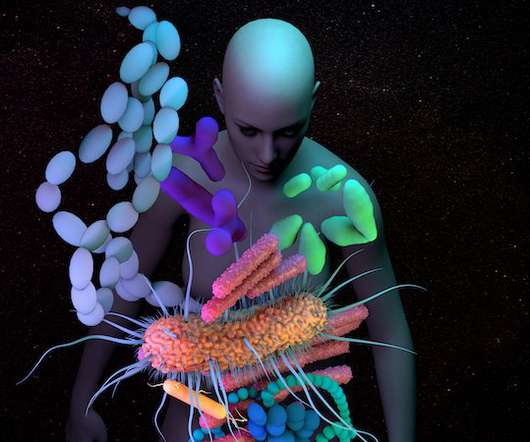US researchers decipher how one gut bacterium influences immunity
Drug Discovery World
JULY 29, 2022
But with hundreds of bacterial species populating our gastrointestinal tract, it’s a daunting task to pinpoint which molecules made by which bacteria affect which biological processes—and how they do so. Such knowledge is essential for learning how to manipulate gut bacteria to treat or prevent illness.












Let's personalize your content